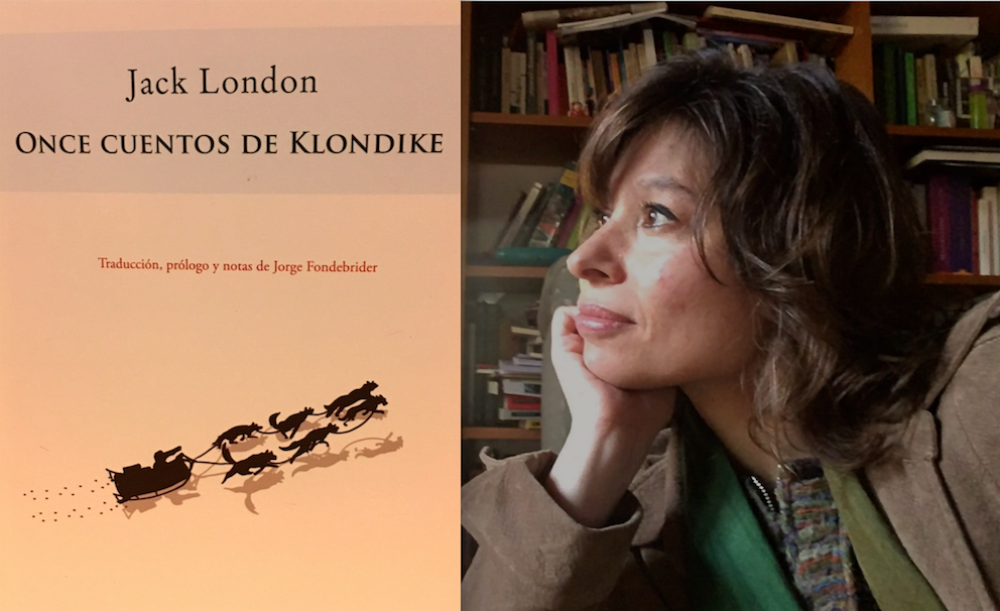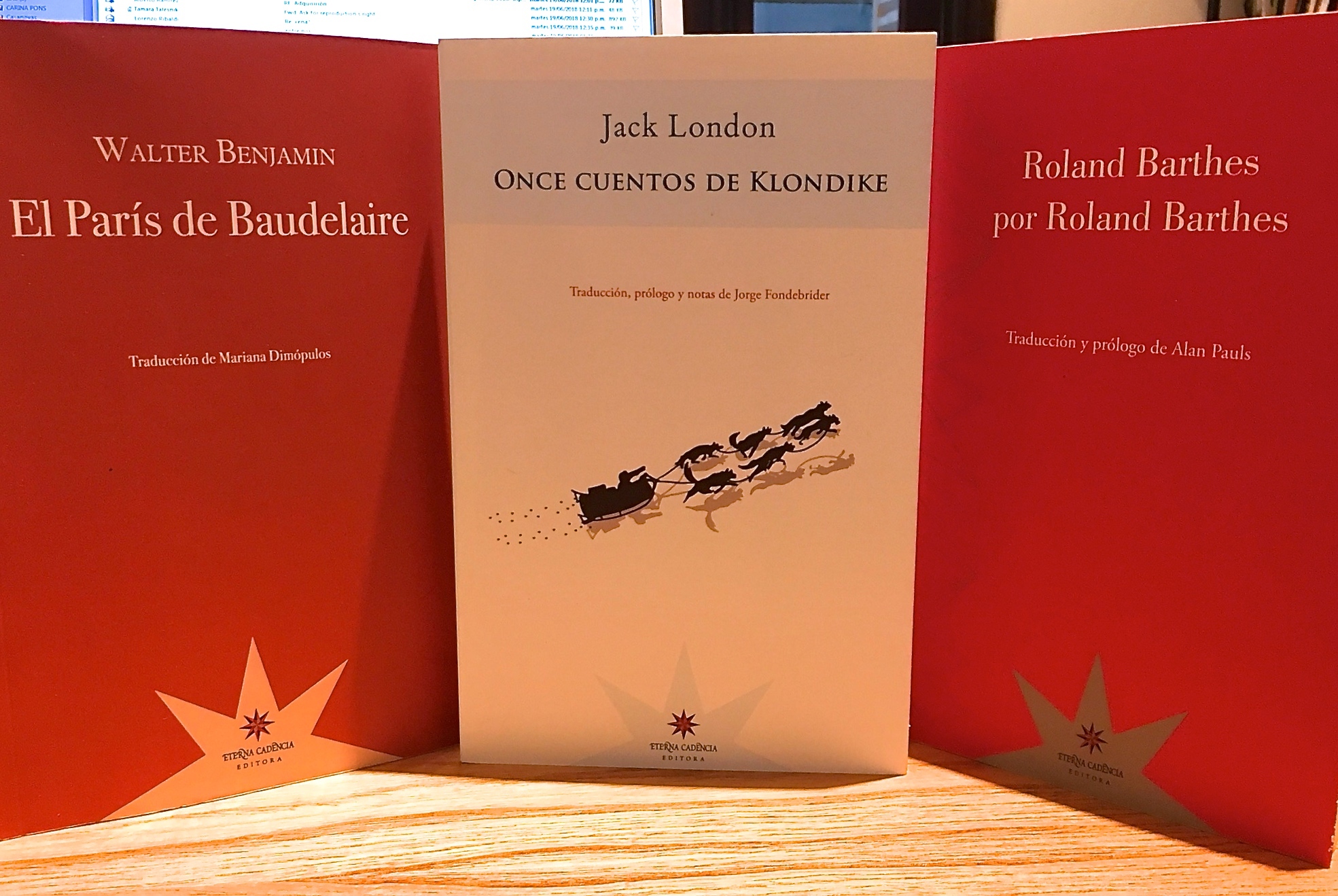A policy on translation

«At Eterna Cadencia, we felt it was necessary to make the work of translators visible», Leonora Djament, Editorial director of Eterna Cadencia publishing.
Since the launch of Eterna Cadencia publishing ten years ago, we’ve made a number of decisions with regard to translation in general and the notion of the translator in particular. For many years, translators in Argentina were regarded as simple technicians whose task was to move a text from one language to another as faithfully and neatly as possible (an opinion still held in some fields). At Eterna Cadencia, we felt it was necessary to make the work of translators visible, which has implications both in terms of aesthetics and publishing policy.
Making a translator’s authorship visible means reconsidering the relationship between writing and translating: To what extent does translating involve writing—that is, entail a creative process? How many decisions—based on aesthetics, politics, and culture—does a translator make for every word they put down on paper? How much weight should be given to the work from which a translation is produced and how can we rethink the concept of an “original”? (How many works actually became known via a translation that appeared in another language? How many peripheral novels came to occupy a central position as a result of their translations? In this regard, Ricardo Piglia would always bring up William Faulkner’s The Wild Palms, which he considered to be a minor novel, though it is read as a central work in the Hispanic world and has influenced writers such as Gabriel García Márquez and Guillermo Cabrera Infante thanks to Borges’s masterful translation.)
It also means calling attention to an activity that is not always recognized, whether symbolically or economically, by not acknowledging copyrights on translations, not signing contracts, sneaking translators’ names off their books, etc. Furthermore, it is worth noting that oftentimes it is the translator who approaches a publisher to propose a project based on their understanding of how it fits in with a particular catalogue or tradition.
In the specific case of Eterna Cadencia publishing, visibility means including the translator’s name on the front cover of a book as well as on the title page. It also means drafting contracts that respect the property rights of a translation by including royalties and stipulating the period of validity. Ten years ago, when we first implemented this approach, very few Argentine publishers were signing contractual agreements of this nature with translators. Fortunately, today many more presses choose to do so. This initiative is connected to the national law for the protection of translation and translator rights advocated by the majority of Argentine translators with the support of many cultural sectors.
Translation by Sarah Moses

In the specific case of Eterna Cadencia publishing, visibility means including the translator’s name on the front cover of a book as well as on the title page.
Photos: Leonora Djament

